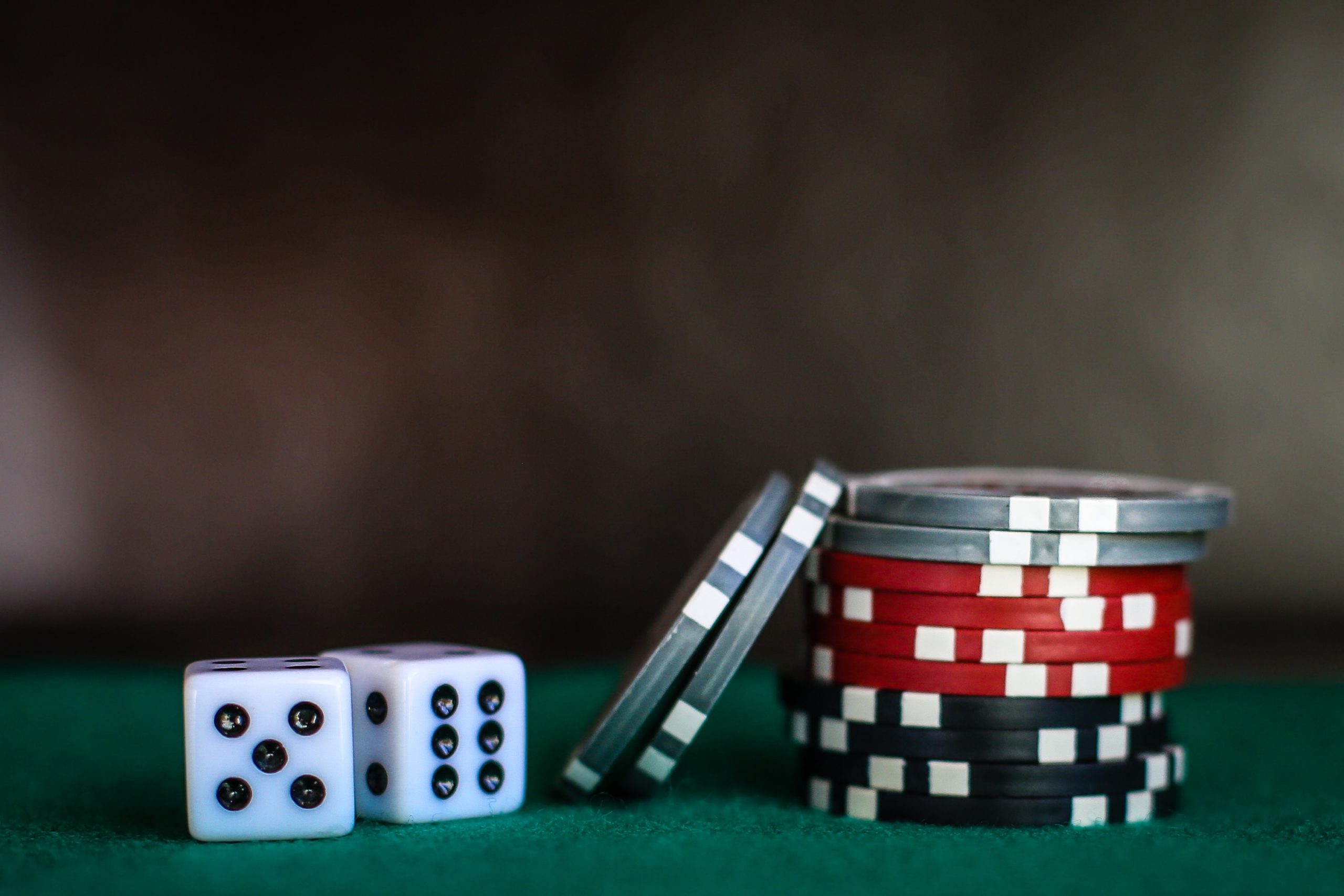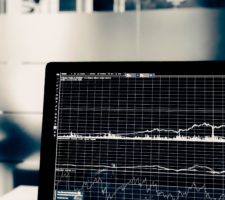Forex trading is regarded by many people as nothing more than gambling. That’s why the question, “Is forex trading gambling?” is so pervasive throughout the Internet both in and out of online gambling communities and forums.
It isn’t difficult to see why some people have this view of forex trading. After all, when you take a certain position in a certain currency pair, you are basically betting on whether the price will either rise of fall by taking either a long or short position.
Is Forex Trading Gambling?

‘Is Forex trading gambling? The answer to this question is ‘yes and no’.
To the uneducated person or an inexperienced forex trader, it might appear to be very easy to reach this conclusion, especially if you start watching any currency pair’s chart and observe just how it appears to move in a seemingly random manner.
Forex trading is what you make it. It can be as luck driven and dangerous as a casino game or it can be a highly complex and properly executed investment business with minimum risk but a high-profit potential.
The Business of Forex Trading
Forex trading might appear as speculative as to be a bit more than legalized gambling to the uninitiated. Profits are not guaranteed and it seems that everything moves totally randomly.
The truth is that successful Forex trading is a highly skilled business that’s completely unlike betting.
To mitigate risk and generate a profit, traders must function with a high level of organization and planning. In contrast, playing games of chance (i.e. gambling) use plans that exist solely on the personal desire for gain and doesn’t require much planning.
Is Forex Legal?
Forex trading is, for the most part, legal in most countries in the West and the world at large if individuals work with a regulated broker. Still, there are a few countries that either severely restrict or completely ban Forex because of its speculative nature as well as because of religious beliefs.
The Business of Gambling
Gambling has everything to do with desire and wanting to return on investment that’s far greater than the amount of effort put into the act. Gamblers might argue that they study mathematical systems to try and find a way to exploit weaknesses as opposed to capitalizing on strength.
In Forex, good traders try to find an advantage window based on strength. Profits earned are not the result of luck, but rather from a skilled assessment of the fluctuation of values. In Forex, little to nothing is ever left to chance.
Forex Trading Vs. Gambling
Forex trading and gambling have one thing in common, which is a risk. Whenever you place a bet or trade, you are risking money with the aim to make more money.
In both Forex trading and gambling, you can either win or lose money, but the differences mostly end there.
Probability is the primary difference between Forex trading and gambling. Gambling relies solely on luck.
In contrast, when you trade Forex, you can analyze the market and predict where it is most likely to go. You can thus implement a trading strategy and set goals for yourself.
The gambler mentality can never lead to Forex trading success. However, it is possible not to play for chance on Forex if you do the right thing at the right time and work with the right frame of mind without risking money that you cannot afford to lose.
How to Avoid Playing for Chance on Forex Trading
1. Don’t React Emotionally to Losses
One of the best ways to avoid falling into the gambler mentality is to avoid reacting emotionally to losses. Gamblers typically race to deposit additional funds into their depleted accounts on the emotional belief that their next run will double their money and recover their losses.
Forex traders, on the other hand, never replenish their funds until they understand why their reading of the opportunity failed and led to a loss.
2. Tracking and Journals
Forex traders can also avoid acting like gamblers by ensuring that they always analyze the behavior of the spread against their profit plans to find out where their planning might be weak. Keeping a detailed tracking record of profits and losses is one way to do that.
Forex traders that stay up to date with industry journals and third-party performance analysis tools can avoid reacting to either profits and losses emotionally and act based on the best rational plan that’s most likely to produce the desired results i.e. profit generation.
3. Education
Gambling does not follow any plan, it never self-evaluates, and never questions personal accountability when it comes to losses. Whether you win or lose, you are never competing with anybody except yourself when it comes to gambling.
Forex trading, however, can become gambling if you treat it that way. If you fail to set goals, analyze the market, or even understand what you are doing, you are simply exposing yourself to the possibility of losses.
To avoid being a Forex gambler rather than a forex trader, you need to get the right education.
Forex Gambling Addiction
Gambling, as an addiction, is very real and causes the gambler and everyone around them a lot of harm. One of the best ways for Forex traders to check whether they have a gambling mentality is to demo trade Forex to find out whether or not they respond emotionally to losses or profits.
People often make the mistake of focusing solely on how they respond solely to losses to determine whether they are at risk for developing a betting addiction. However, what matters the most is how you respond to losses.
If you find yourself getting too excited after winning trades and feeling as though you have gained something in exchange for nothing, then you are probably not yet ready to become a trader. Similarly, if you pursue the markets relentlessly to make up for losses, you are not yet ready to become a trader.
Final Thoughts
Is Forex trading gambling? Not if you approach it with the right mentality. Making profits in the Forex markets takes a lot of seriousness, commitment, and hard work. To become successful, you must bring all your mastery of self and self-discipline to the field or you risk losing a lot when you trade.


